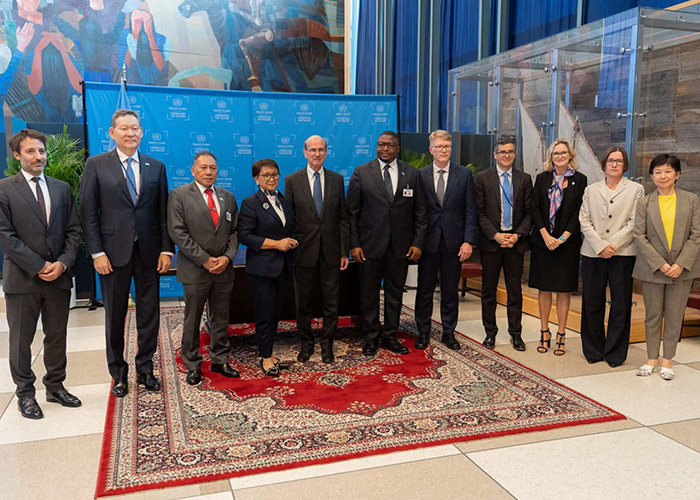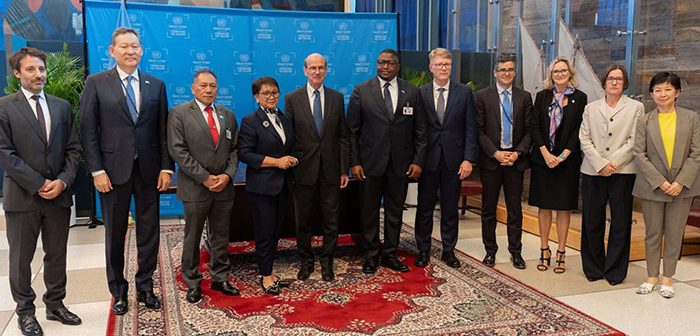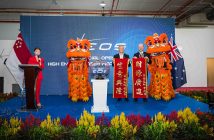
Indonesia and the Solomon Islands are among the newest state parties to the UN Treaty on the Prohibition of Nuclear Weapons (TPNW), making Australia increasingly an outlier within the Asia-Pacific region.
The Indonesian Foreign Minister, Retno Marsudi, and the Solomon Islands Minister of Foreign Affairs and External Trade, Peter Shanel Agovaka, lodged their country’s instruments of ratification at the United Nations in New York on September 25, 2024 (AEST), bringing the total number of states parties to 73. A further 25 states have signed but not yet ratified the treaty.
The TPNW establishes a framework for eliminating existing stockpiles of nuclear weapons and addressing the harm caused by their use and testing. It was negotiated in 2017 and entered into force in 2021.
Indonesia becomes the largest country by population to have ratified the landmark UN agreement. According to the Indonesian government, its decision to ratify the TPNW aligned with its constitutional mandate to promote peace and security and sent a clear message to the world that “the possession and use of nuclear weapons cannot be justified for any reason”.
Australia shares a close economic, diplomatic and defence relationship with the Muslim-majority nation. Last month, the Australian Defence Minister, Richard Marles, announced that Australia and Indonesia had strengthened security ties by signing the Australia‑Indonesia Defence Cooperation Agreement.
The Solomon Islands and Australia also have a strong and long-standing relationship. Australia is an important economic partner to the Solomon Islands, as well as their largest development partner. The Solomon Islands is the 11th Pacific island state to ratify or accede to the TPNW. It signed the treaty at the same time as ratifying it. Sierra Leone also ratified the TPNW at the same event.
Australia has not yet signed or ratified the TPNW. However, Labor has said that it “is considering the TPNW systematically and methodically as part of [their]ambitious agenda to advance nuclear non-proliferation and disarmament”. Before becoming prime minister, Anthony Albanese voiced strong support for the treaty.
“Today’s ratifications reaffirm that nuclear weapons have no place in our region or in our defence policies and should make Australians ask why our government remains at odds with the vast majority of our neighbours,” said ICAN Acting Director Jemila Rushton. “It is time for Australia to demonstrate it is serious about regional peace and security, and for Labor to make good on its promise to sign and ratify the TPNW in government.”





